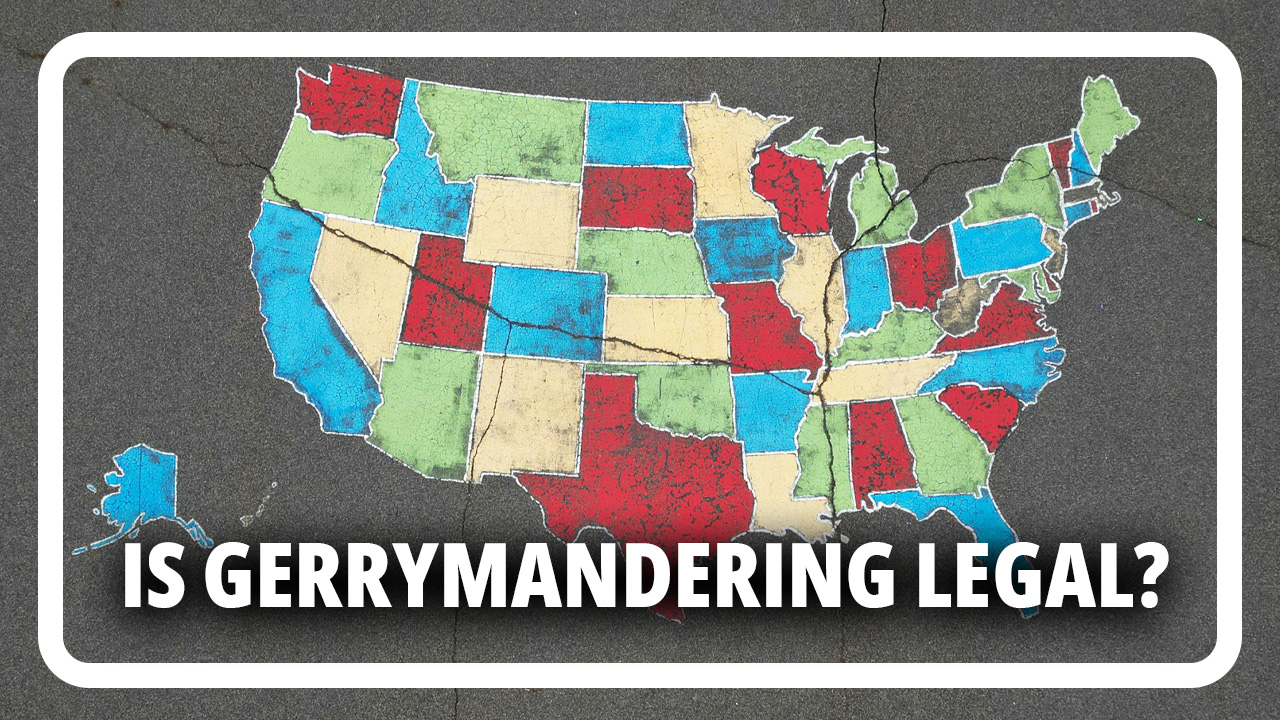
For the latest in our series on organizations that inspire us to take action to build a stronger democracy, Democracy Group community manager Jessie Nguyen caught up with New Voters Founder & President Jahnavi Rao and Executive Director Nivea Krishnan. The organization is dedicated to expanding youth engagement in politics and making sure young voices are heard.
What is New Voters and how did it get started?
Jahnavi: I founded New Voters seven years ago when I was a junior in high school after the 2016 election. I’m from Chester County, which is a famously purple area, and after the election, I remember walking into school and seeing my peers on both sides of the aisle really upset and going up to people and asking whether it was who we wanted to win or not. This election was the most talked-about event of our entire lives and we had absolutely no say in what happened. We weren’t invited to the table in terms of conversations — I wasn’t eligible to vote until I graduated high school.I felt helpless during the 2016 election, but we registered 85% of our senior class to vote my senior year, and I stopped feeling helpless.
Nivea: And our focus is on youth civic engagement. I’m grateful that Jahnavi started New Voters because I’ve gotten into the idea of turning out the youth vote and also creating a culture of civic engagement really early on in people’s lives so that it becomes more consistent over time.
What are some barriers for first-time voters?
Jahanvi: For your first time voting in Michigan, you have to be in person. And that policy targets people who are voting for the first time and go out of state. There are also economic monetary barriers like the cost of a stamp or if you’re printing out your registration form. These are tangible barriers but there are also barriers in the form of misinformation and lack of civics education.
Nivea: For high school students, there are schools that are committed to civic engagement whereas other schools fear that voter registration will be too tied to politics in a way that introduces a polarizing topic that schools don’t want to engage with. It’s a conflation of voter registration equating to taking a political stance and I think things have gone really politicized.
Why is it important for Gen Z and young people to get politically involved?
Nivea: I’d say the biggest reason is because of the policy issues that are dominating the conversation today. Gun violence in schools, climate change getting worse, and access to reproductive healthcare… are issues that seriously impact young people in very obvious ways. When the people being affected are not at the decision-making table, they don’t know how to claim that voice. As a consequence of young people not knowing how to get involved and not having the space to do so, policymakers inherently don’t focus on the opinions of young people.

Gen Z’s fight for democracy: Democracy Works
From school shootings to a global pandemic, Gen Z has encountered many life-changing political issues that shape their stance on politics. This episode discusses what motivated our generation to become more politically engaged than previous generations at our age.
Subscribe to receive a biweekly collection of the hottest podcast episodes from the network, upcoming special events, expert features, and news from your favorite shows.
Subscribe to our NewsletterThis is Jessie Nguyen, The Democracy Group's Community Manager. Here are some of my favorite podcasts this week, check them out!

With antisemitism on the rise across the country over the past few years, especially as we see a surge in antisemitic incidents after October 7 around the globe, this episode is a timely discussion on a long-running fight against hate crime. Drawing from personal experiences, the guests discuss the historical context of hate against the Jewish community as the episode centers on countering violence and hatred.

This episode is a refreshing recap of key social issues with an emphasis on racial movements dating back to the Civil Rights era. I learned how social movements might benefit from joining with political institutions. Give this episode a listen if you’re interested in learning more about social movements and their importance in current events!

Agnieszka Graff is a Polish activist and professor of literature at the University of Warsaw, Poland. She holds a PhD in literature and a postdoctoral degree in cultural studies. Her research hones in on gender studies, feminist history, nationalism, and public discourse on gender. Graff authored four books of feminist essays in Polish and has penned for Signs, East European Politics and Societies, Public Culture, Feminist Studies, and European Journal of Women’s Studies among a variety of publications.

Stacie Molnar-Main is an educational consultant and research associate in civic education and deliberative pedagogy with the Kettering Foundation. She received her doctorate from the University of Pennsylvania and is also a school climate consultant with the Pennsylvania Department of Education. Molnar-Main centers on improvements in school climate, civic learning, and facilitating evaluation projects in her work among many other initiatives.
Subscribe to receive a biweekly collection of the hottest podcast episodes from the network, upcoming special events, expert features, and news from your favorite shows.
Subscribe to our Newsletter
The Democracy Group's Best Of 2025 series is back for another year!
Read Post
Is Gerrymandering Legal? Learn what gerrymandering is, how it shapes elections before votes are cast, and what citizens can do to protect democracy from unfair maps.
Read Post.png)
You're invited: Celebrate our podcast fellows!
Read Post